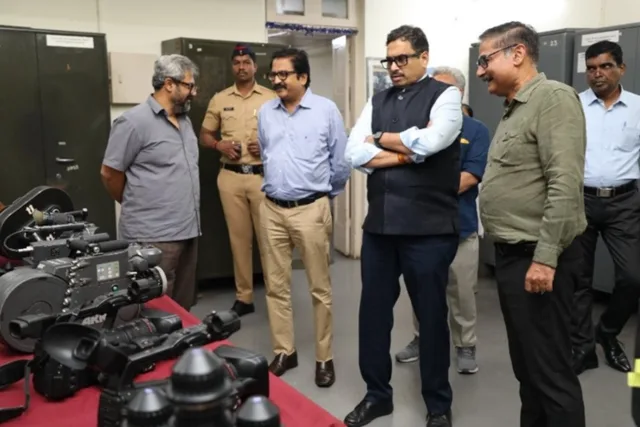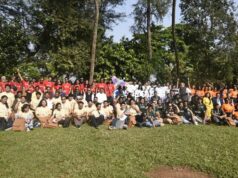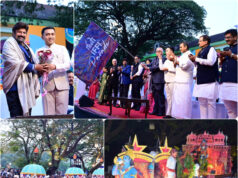Secretary for Ministry of Information & Broadcasting, Government of India, Sanjay Jaju visited the Film and Television Institute of India (FTII), Pune, marking his first visit following the conferral of Deemed to be University status to FTII, Pune under the ‘Distinct Category.’ He was warmly welcomed by Dhiraj Singh, Vice Chancellor, FTII and Prakash Magdum, Managing Director, NFDC.
Jaju undertook a guided tour of the FTII campus, during which he interacted with faculty and students. In conversations with students across disciplines, he responded to questions with candour and insight, sharing his views on the dynamic shifts in the media and entertainment sector and the critical role of institutions like FTII in shaping its future.
He emphasised the importance of cinematic and media education in contributing to India’s cultural and creative economy, and encouraged students to embrace both innovation and discipline in their academic journeys. The interaction reflected FTII’s active academic environment, where students are placed at the core of institutional progress and policy dialogue.
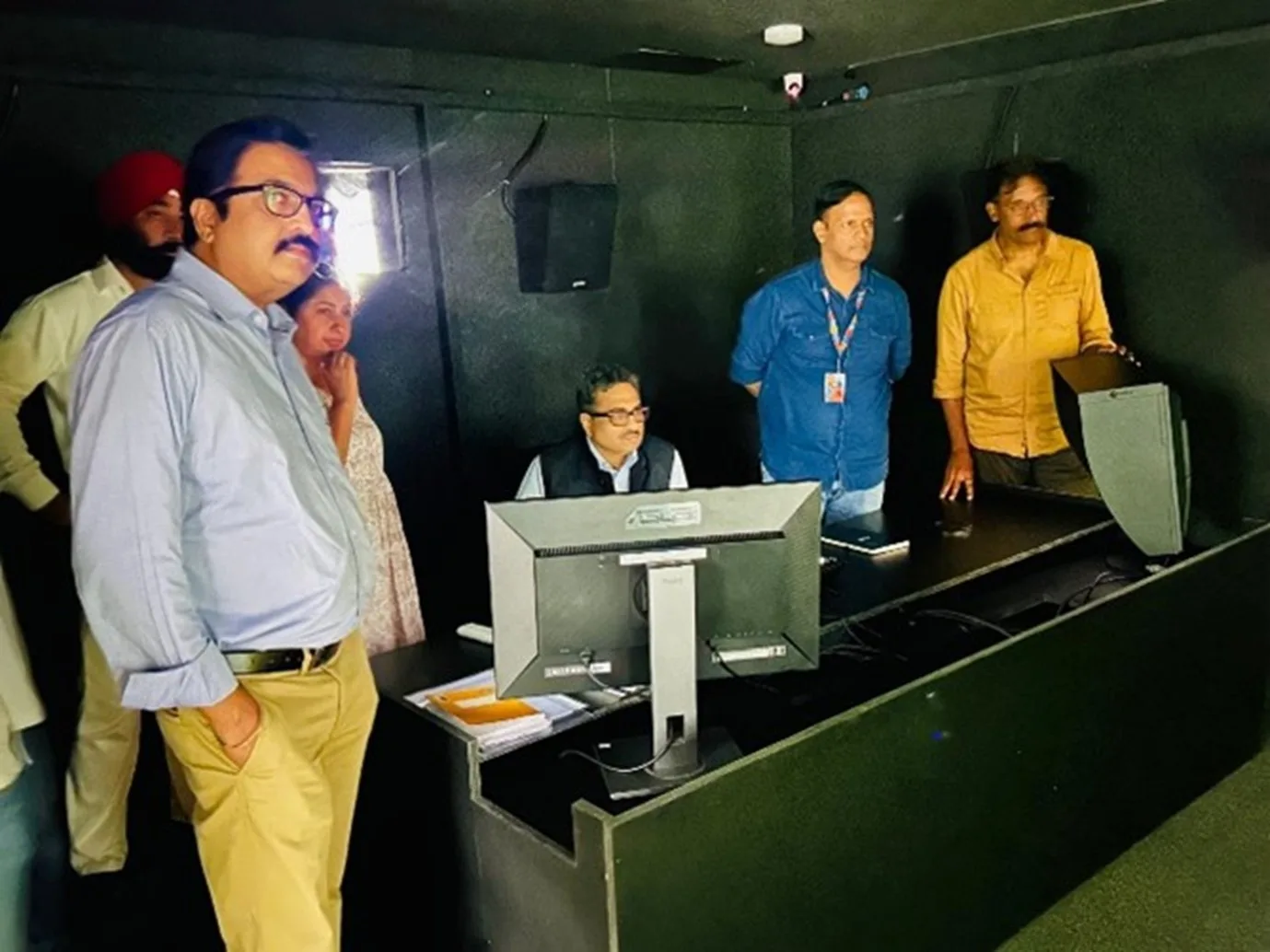
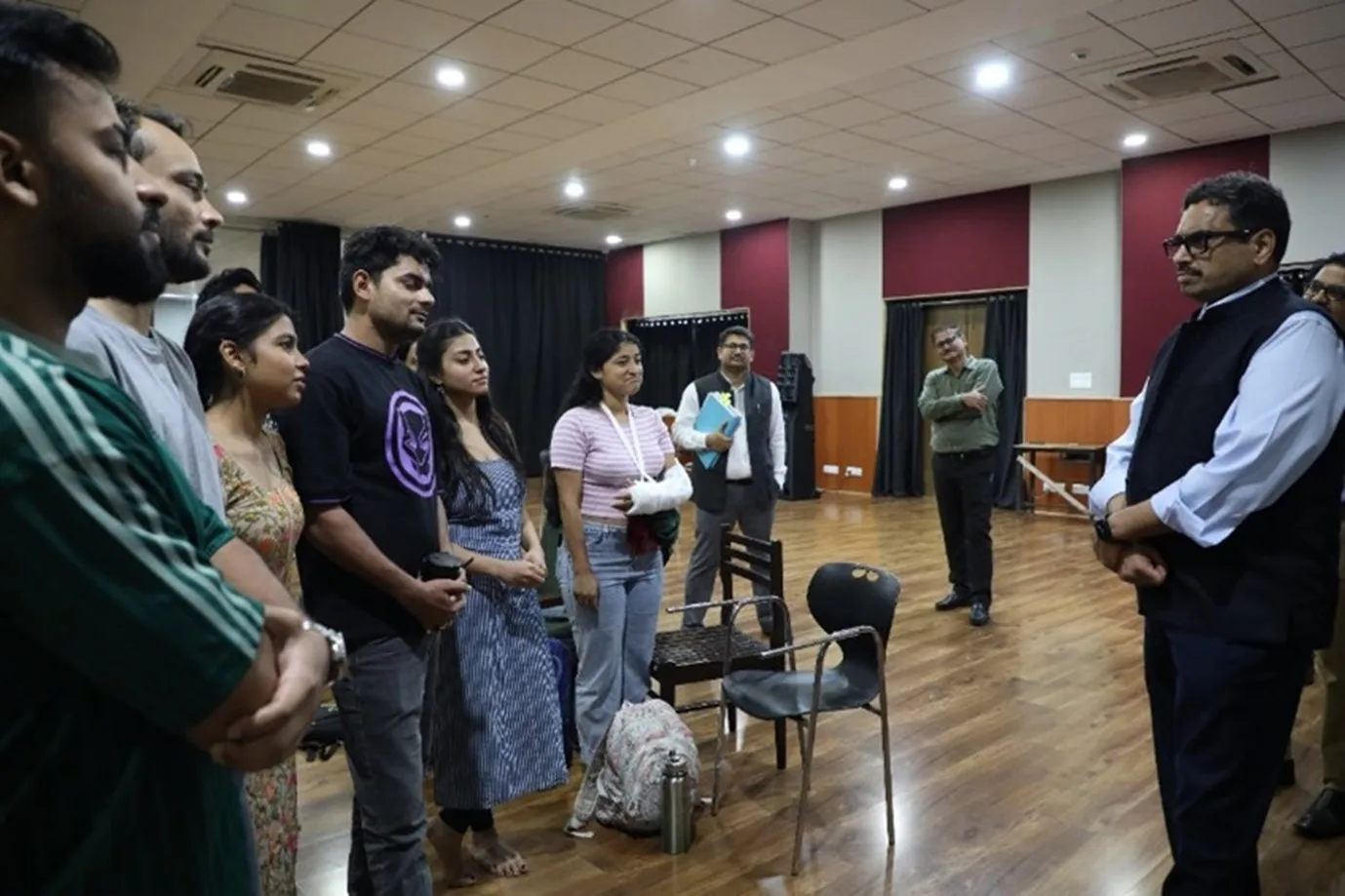
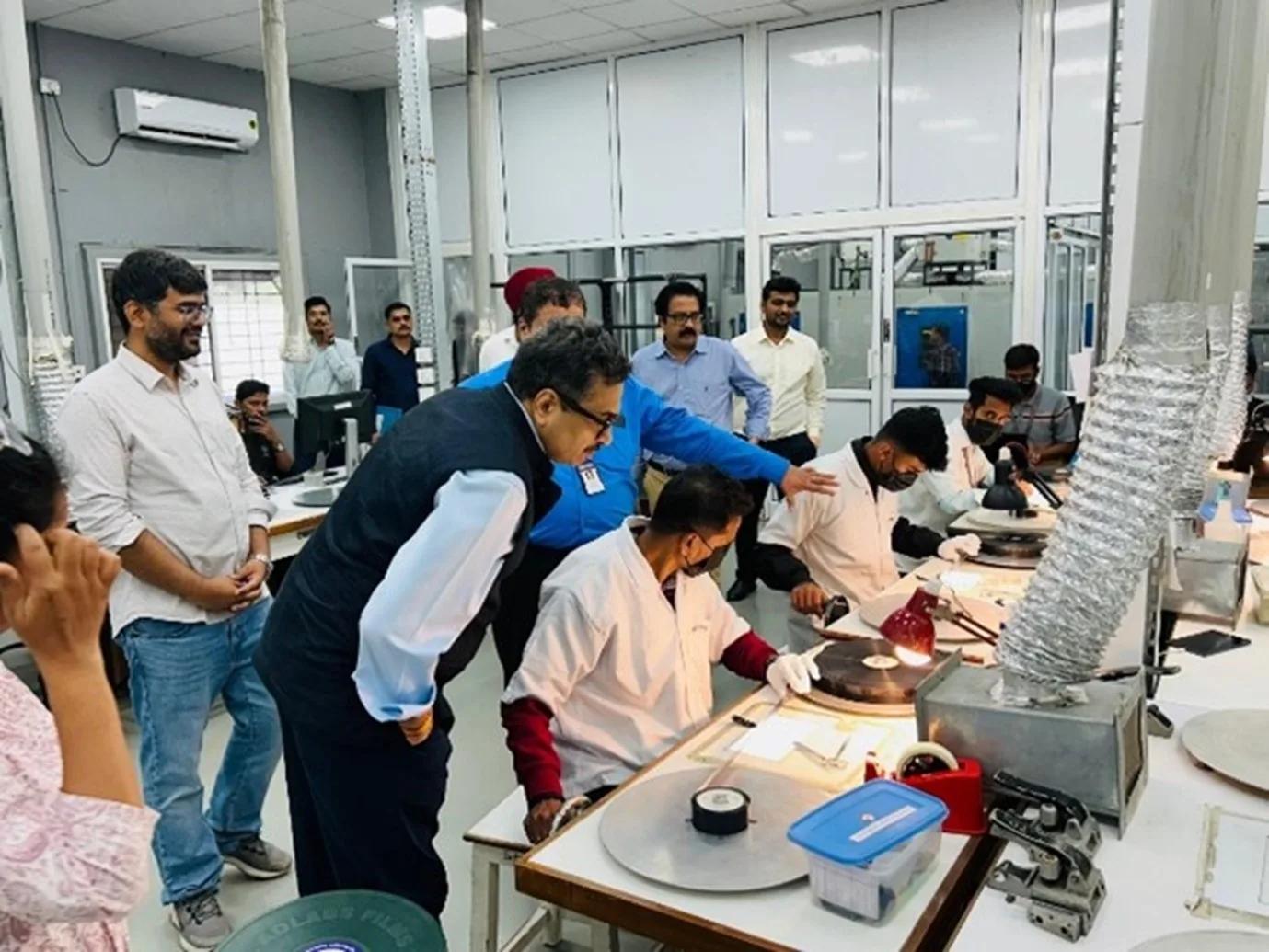
The visit underlined the Institute’s evolving mission in light of its newly conferred university status towards wider academic expansion, institutional autonomy, and national contribution in the creative industries.
Following his visit to FTII, Jaju also visited the digitisation, restoration and archiving facility of NFAI in great detail. He was briefed about the procedural, technical and other aspects of the whole process. During his interaction he stated:
“FTII and NFAI are two such institutes that are playing a very critical role in shaping the cinema and entertainment ecosystem in the country. While FTII shapes the talent, NFAI ensures that their work remains preserved under best conditions. A lot of initiatives are in pipeline to further strengthen these institutions as the Ministry is committed to support and nurture them in all possible ways.”
At the National Film Archive of India (NFDC–NFAI), Jaju reviewed ongoing initiatives under the National Film Heritage Mission (NFHM), one of the largest and most ambitious film preservation projects undertaken globally. He toured both Phase I and Phase II of the campus, with the latter housing cutting-edge preservation and restoration infrastructure developed under NFHM.
The Secretary observed the repair and chemical treatment of deteriorating film reels, high-resolution scanning, and restoration work on classic Indian films—highlighting the blend of advanced technology and archival expertise in action. He commended the Archive’s role in preserving India’s cinematic legacy for future generations. He also visited the theatre and projection room used for curated public screenings, and the archival library, where he viewed rare film posters, magazines, and glass slides from the pre-cinema era. He appreciated the ongoing digitisation of supporting material such as scripts, lobby cards, photographs, and magazines—contributing to a holistic and accessible documentation of India’s film history.
At the conclusion, Jaju assured that the Ministry would continue to monitor upgradation and modernisation projects at both FTII and NFDC–NFAI in a time-bound manner. The high-level visit underscores the Government’s continued commitment to quality cinema education and the preservation of India’s rich and diverse cinematic heritage.


